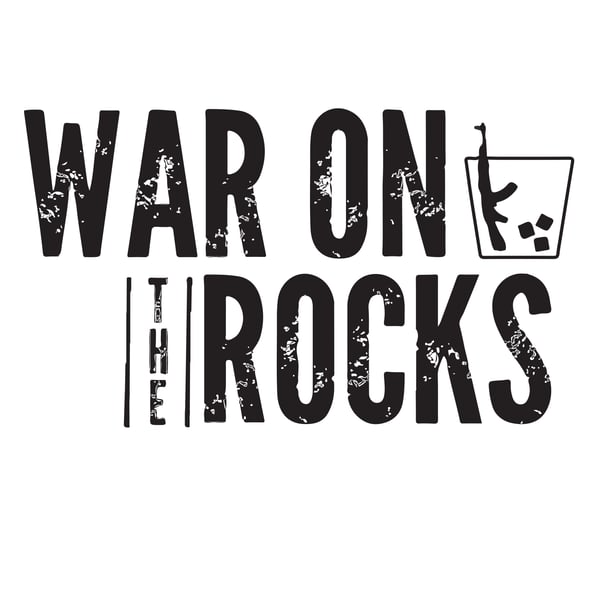The Kremlin in Command, Part II: Syria and the First Assault on Ukraine
War on the Rocks
War on the Rocks
4.6 • 1.1K Ratings
🗓️ 28 September 2022
⏱️ 27 minutes
🧾️ Download transcript
Summary
Lawrence Freedman and Michael Kofman walk us through the post-Cold War history of the Kremlin as commander. In the second episode of this multi-part series, they focus on Russia's intervention in the Syrian Civil War and its first assault on Ukraine in the aftermath of Euromaidan. In Syria in particular, Moscow thinks it makes major progress on command and high-tech targeting, but that later proves to be something of a mirage. The Western intervention in Libya is also an important part of this period, informing how Vladimir Putin views threats to his own power and influence. Ukraine soon reveals itself to be an unresolved issue for Moscow. Don't miss the first part of this discussion, which focuses on the First and Second Chechen Wars as well as the Russo-Georgian War of 2008. In these episodes, Freedman draws on his new book, Command: The Politics of Military Operations from Korea to Ukraine.
Transcript
Click on a timestamp to play from that location
| 0:00.0 | You are listening to the War on the Rocks podcast on strategy, |
| 0:13.0 | defense, and foreign affairs. |
| 0:14.4 | My name is Ryan Evans. |
| 0:15.9 | This is the second part of my conversation with Lawrence Friedman |
| 0:19.0 | and Michael Kaufman on the Kremlin as commander. |
| 0:22.3 | In this episode, you get to listen to us talk about the Syrian Civil War |
| 0:25.5 | and Russia's intervention, as well as the first Russian invasion of Ukraine in 2014. |
| 0:31.4 | How does Russia at first see what's unfolding and what arguably was its only ally besides Belarus? |
| 0:37.0 | I mean it's quite cautious to start with I would say I don't think it does a lot. It clearly wants a sad to survive. I mean, but I don't, it doesn't do a lot. I mean, it really starts to get engaged in 2013 when you have the chemical weapons issue and it looks like the |
| 0:56.0 | Americans might get involved and then again they play quite a cany move by as Obama gets into trouble and the British get into trouble on getting support |
| 1:08.1 | for an intervention in Syria, he offers them a way out on the chemical weapons issue, we'll take this stuff out, and the |
| 1:16.6 | consequence of that is he forms a judgment, the limited American appetite for intervention. So when a year or so a couple of years later, |
| 1:28.8 | Assad's in real trouble, he is much more confident about the intervention that they make there, which is largely an air power |
| 1:36.6 | intervention, to help the help Assad survive. |
| 1:41.6 | And I think that's an important intervention |
| 1:45.0 | in terms of its later implications. |
| 1:47.6 | First, because in the basic sense, it was successful. |
| 1:51.4 | And Assad is still there. but also it gave them confidence in what they were doing and you have to remember |
| 1:58.7 | it was still a limited liability operation. They weren't putting massive ground forces in. They were getting involved in |
| 2:07.2 | some of the direction of the Syrian and Iranian and Hezbollah whatever forces that were around on the ground but that major contribution was air power |
| 2:17.2 | And it wasn't difficult you know what it wasn't that difficult for them to do they They had very generous views about who was a terrorist or not. |
| 2:25.5 | Any rebel group was potentially Al Qaeda. |
... |
Please login to see the full transcript.
Disclaimer: The podcast and artwork embedded on this page are from War on the Rocks, and are the property of its owner and not affiliated with or endorsed by Tapesearch.
Generated transcripts are the property of War on the Rocks and are distributed freely under the Fair Use doctrine. Transcripts generated by Tapesearch are not guaranteed to be accurate.
Copyright © Tapesearch 2025.

